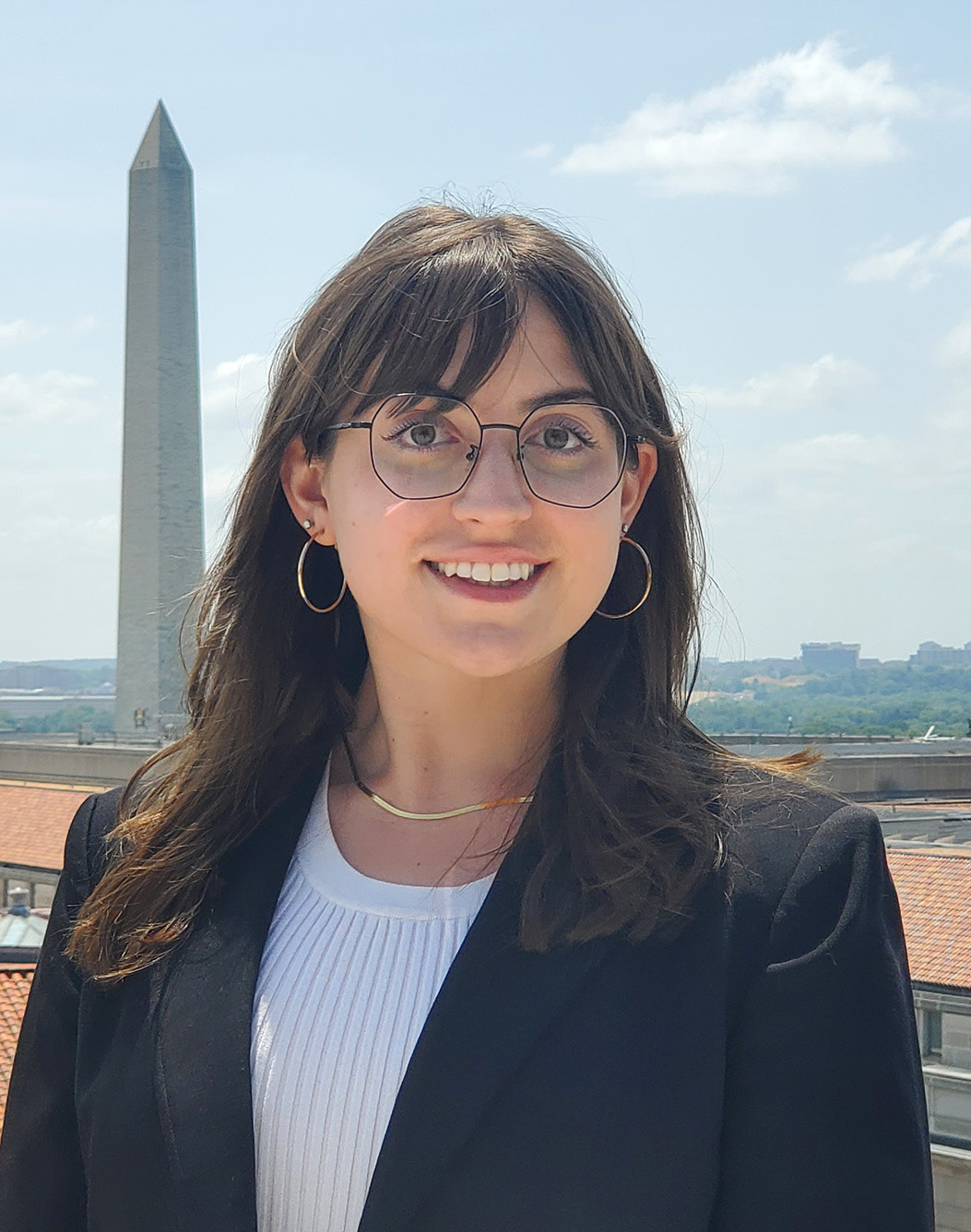Please join American Security Project in celebrating the New Lines Institute for Strategy and Policy’s new compendium on Friday, April 11, 2025, at the National Press Club in D.C. Comprising critical policy analysis and recommendations on the escalating technology race with China, the compendium, “Future-Proofing U.S. Technology: Strategic Priorities Amid Chinese Tech Advancement” covers topics including AI innovation and regulation, cryptocurrency, alternative payment methods, cybersecurity, and critical mineral supply-chain sustainability.
Former Department of Homeland Security Secretary Michael Chertoff will give opening remarks. ASP’s AI Imperative 2030 Director Courtney Manning will then participate in a panel discussion highlighting the long-term strategic opportunities and risks related to tech innovation and regulation in the United States alongside Gavin Moore, Director at ForgeFront, and Kelsey Quinn, Tech Sovereignty & Security lead at New Lines Institute.
Register Now
Opening Remarks:
 The Honorable Michael Chertoff, Former Secretary of the Department of Homeland Security
The Honorable Michael Chertoff, Former Secretary of the Department of Homeland Security
Michael Chertoff is Co-Founder and Executive Chairman of the Chertoff Group, a global security risk management and growth advisory firm, which he co-founded after a notable career in public service, where he repeatedly addressed security issues of first impression. As U.S. Department of Homeland Security Secretary from 2005-2009, he led the largest reorganization of the federal civilian workforce since World War II. He gave up lifetime federal appeals court judgeship to serve as DHS Secretary. At the U.S. Department of Justice, he supervised investigation into the 9/11 attacks. Secretary Chertoff began his career as federal prosecutor in New York in 1983, where he led the simultaneous prosecution of the heads of 5 major mafia crime families.
Panelists:
 Courtney Manning, Director, AI Imperative 2030, American Security Project
Courtney Manning, Director, AI Imperative 2030, American Security Project
Courtney Manning is the Director of AI Imperative 2030 at the American Security Project, where she leads a team of cross-disciplinary stakeholders investigating the critical geostrategic forces driving the global AI race in the 21st century. Formerly, Courtney led ASP’s research portfolios on military recruitment and readiness, strategic competition with China, and emerging technology risks. Before ASP, she worked as a geopolitical risk consultant on international human rights law, political risk, and climate security in New York, where she worked with the Peruvian government to produce a new policy framework for lithium mining and the Permanent Mission of Afghanistan to rebuild the advising team, write speeches and security strategies, and coordinate sessions at the UNSC, UNGA, and Organization of Islamic Cooperation.
 Gavin Moore, Director, ForgeFront
Gavin Moore, Director, ForgeFront
Gavin Moore is the funding director at ForgeFront, a team of experienced policy and futures experts created by founding members of the UK Cabinet Office’s Priority Projects Unit. Before working at ForgeFront, Gavin was the lead adviser for over 70 Members of the European Parliament on the EU’s budget. More recently, he led teams at HM Treasury on tariff and trade legislation following Brexit, as well as delivering the transfer of EU financial services under the Smarter Regulatory Framework with the Financial Conduct Authority. Gavin has a deep understanding of EU funding mechanisms and has advised on parliamentary and budgetary procedure to MEPs, Lords, Ministers and colleagues. He previously worked for an MEP and as an Assistant Assembly Clerk in the Northern Ireland Assembly, scrutinising the Department of Finance.
Moderator:
 Kelsey Quinn, Program Head, Tech Sovereignty & Security, New Lines Institute of Strategy and Policy
Kelsey Quinn, Program Head, Tech Sovereignty & Security, New Lines Institute of Strategy and Policy
Kelsey Quinn is the Project Lead and Analyst of Tech Sovereignty & Security at the New Lines Institute, investigating realistic approaches to mitigating current and future harms of emerging technology that do not impede critical innovation and scientific discovery. Quinn previously worked at the National Consortium for the Study of Terrorism and Responses to Terrorism (START) on the DARPA Sigma+ project, examining the decision and attack space for the use of CBRN weapons. She also worked as a research assistant at Michigan State University, investigating bacterial pathogenesis and physiology in Vibrio cholerae, a Category B bioterrorism agent, before beginning her master’s studies and starting at the New Lines Institute. Quinn received her Bachelor of Science in Microbiology with a minor in Global Terrorism from the University of Maryland in 2019 and earned a master’s in Security and Terrorism Studies, also from UMD.




 Gavin Moore, Director, ForgeFront
Gavin Moore, Director, ForgeFront 





